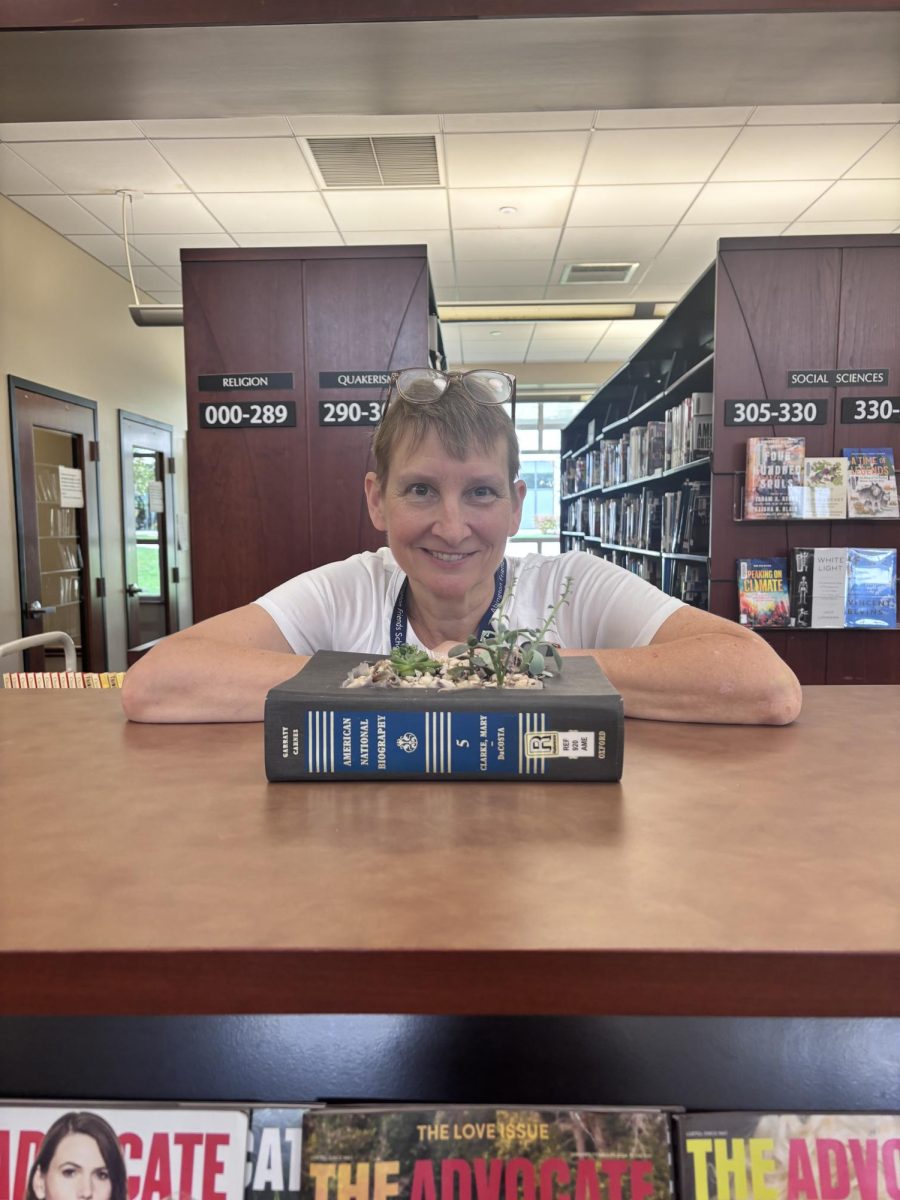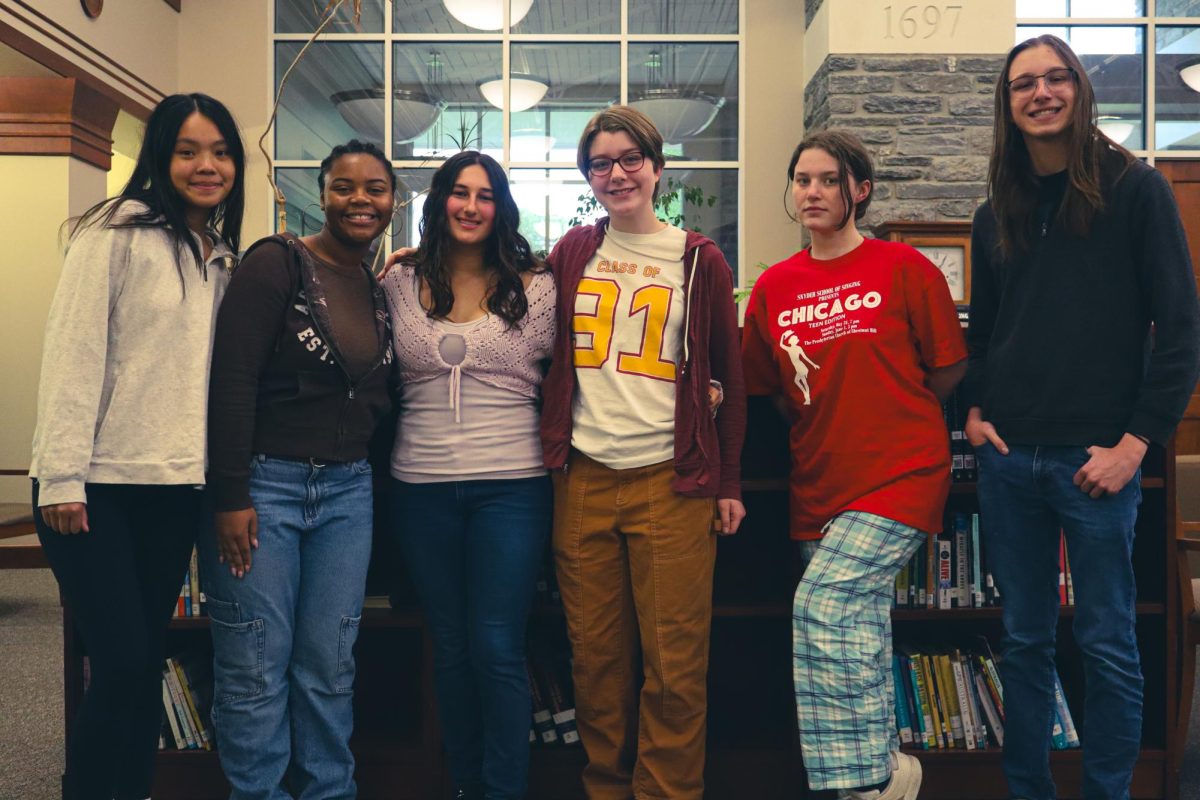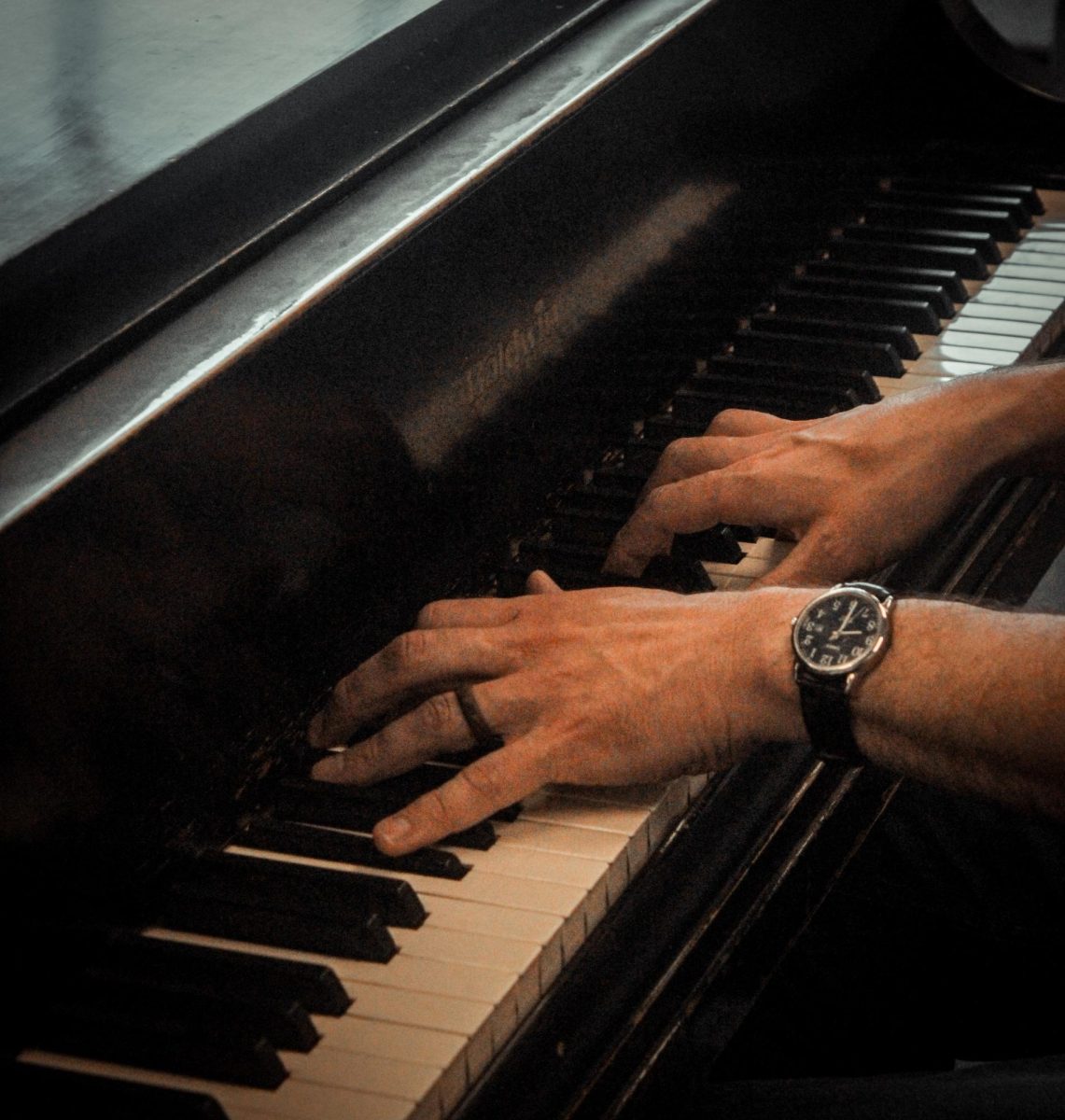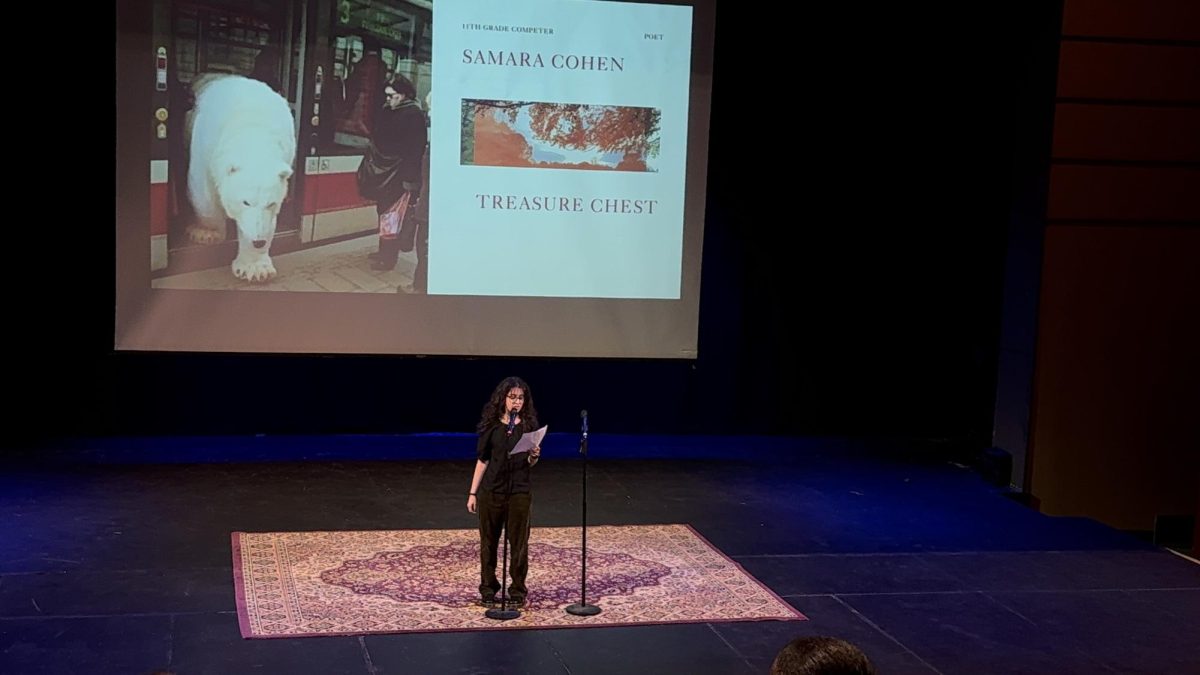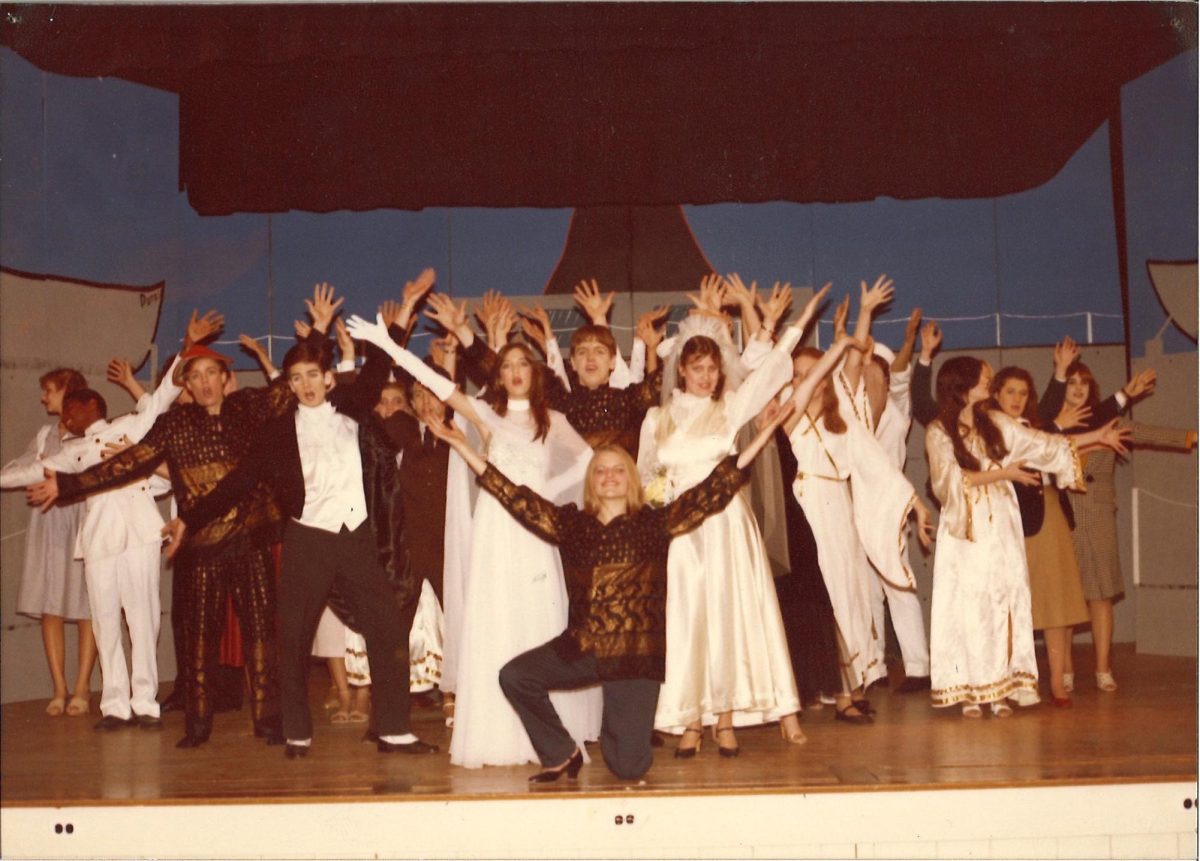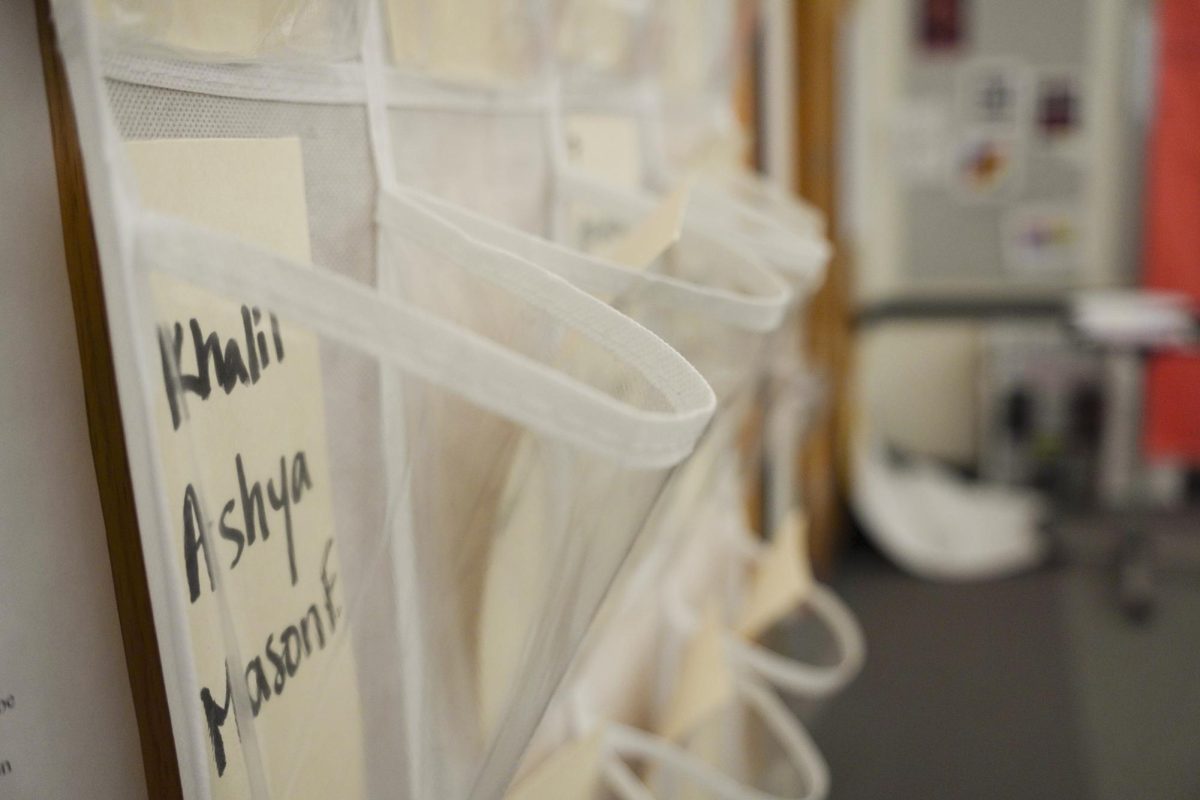Nathan Bridge arrived at Abington Friends School in the fall of 2023 to teach Honors Precalculus and AP Statistics. Bridge is also one of the founders of the Philly Math League, a competitive math league with weekly competitions. After joining AFS, Bridge founded the AFS Math Club alongside three students. His goal is to bring the fun of math into more students’ lives: starting in middle school and going all the way up to high school.
However, Bridge did not study math in graduate school. Instead, he majored in philosophy. Below, Bridge shares his experiences with us that influenced his decision to pivot to teaching math.
Why did you choose to pursue philosophy in graduate school?
The “eureka” moment happened in math class. There was this one math student in my class, and we all thought he was the best math student ever. During class, he would just sit back in his chair, not take a single note during the lecture, and just know everything. When we asked him his secret, he told us, “You guys think too hard about it. You guys keep asking ‘Why is this true?’ Just do what the teacher says and you’re going to get a good grade.” And it was just hard for me to strictly memorize the steps. I wanted to know the “why” behind it.
That was why I went into philosophy in the first place; I wanted to know not only the “what” about things, but more the “why” behind things.
Have you ever considered studying math at University?
A little bit, but I wasn’t a good math student in high school. My understanding of math was that the kids who got it fast were good at it, and those who didn’t get it immediately weren’t. I struggled hard and got mostly B’s, so I didn’t think math was my thing.
What influenced your decision to teach math even though you studied philosophy in university?
First of all, it was a very pragmatic decision. After getting my graduate degree in philosophy, I taught philosophy at a good college. However, you didn’t receive information on what courses you would teach until the first day of class. It wasn’t sustainable for my life, but I knew I wanted to teach. Philosophy is rarely taught in high school, so I looked to other subjects.
I chose mathematics because math is the purest form of philosophy. I was doing a lot of symbolic logic and philosophy which was very analytical and deductive work. Although I kind of forgot my calculus and geometry, I knew that kind of thinking appealed to me. So I thought I’d fall in love with doing math again. So when I had professors who explained to me all the proofs of even the most basic things, I realized that everything was interconnected. So in that way, philosophy and math were synonymous. I fell in love with math and wanted to teach math because I wanted to help my students understand the “why” behind those concepts.
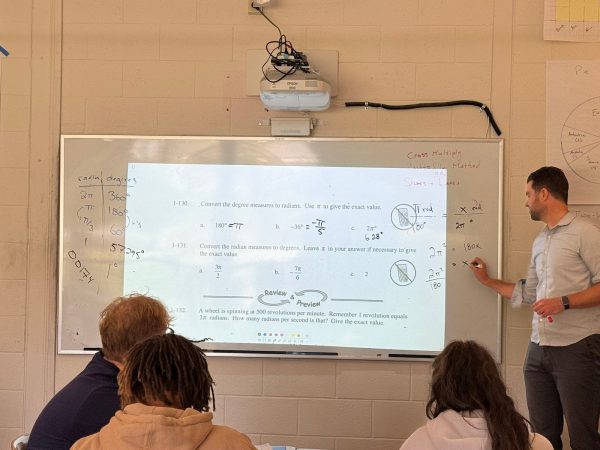
Does having struggled with math yourself give you an insight into the challenges students face while learning the material and allow you to teach it better?
Yes, undoubtedly. I remember being lost, confused, and feeling like the class was moving too fast and leaving me behind. So having those visceral feelings, I can understand that look on their face. I draw from my experiences to communicate that I empathize with that feeling and try my best to slow and break things down to help them better understand the material.






